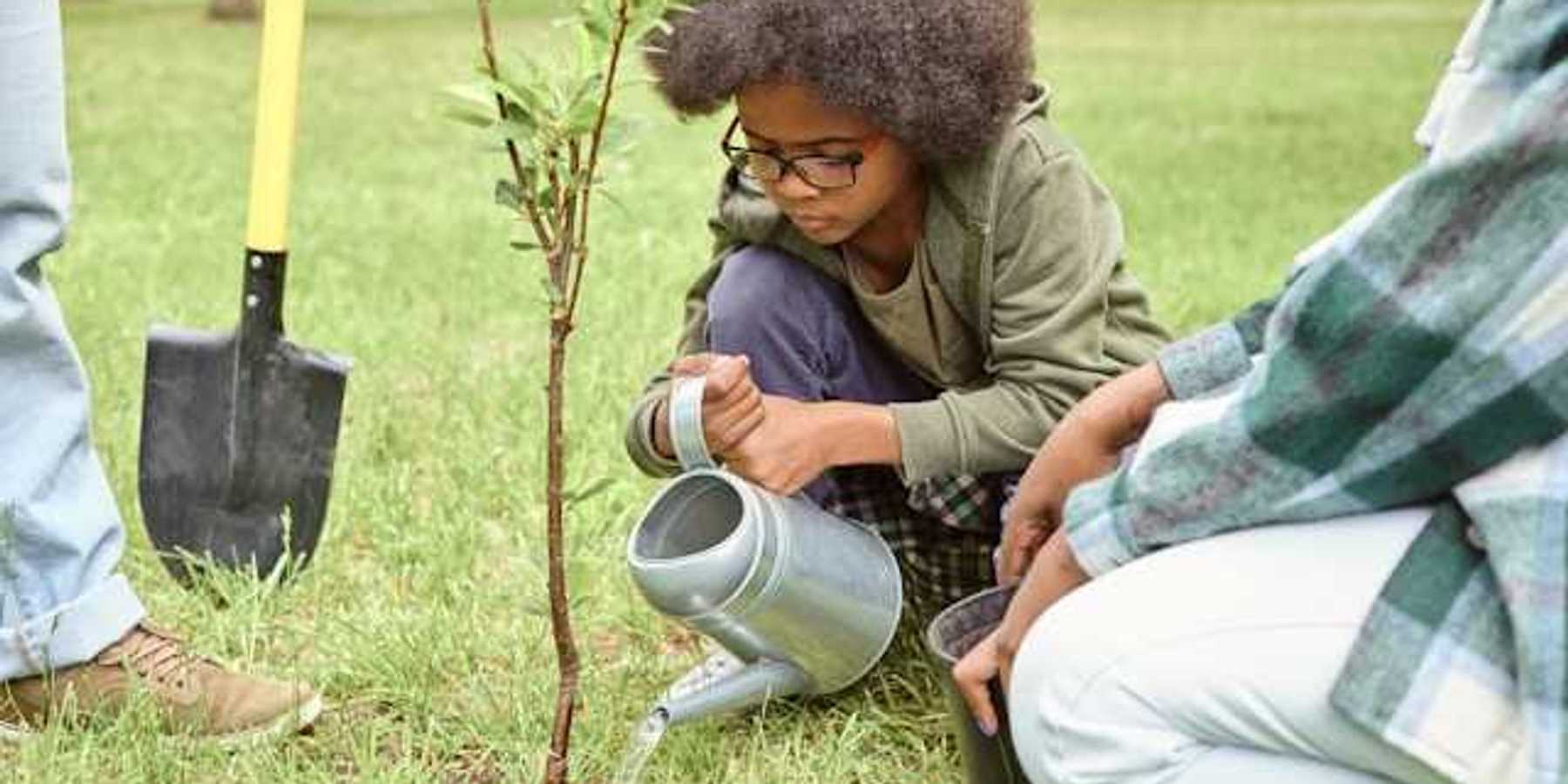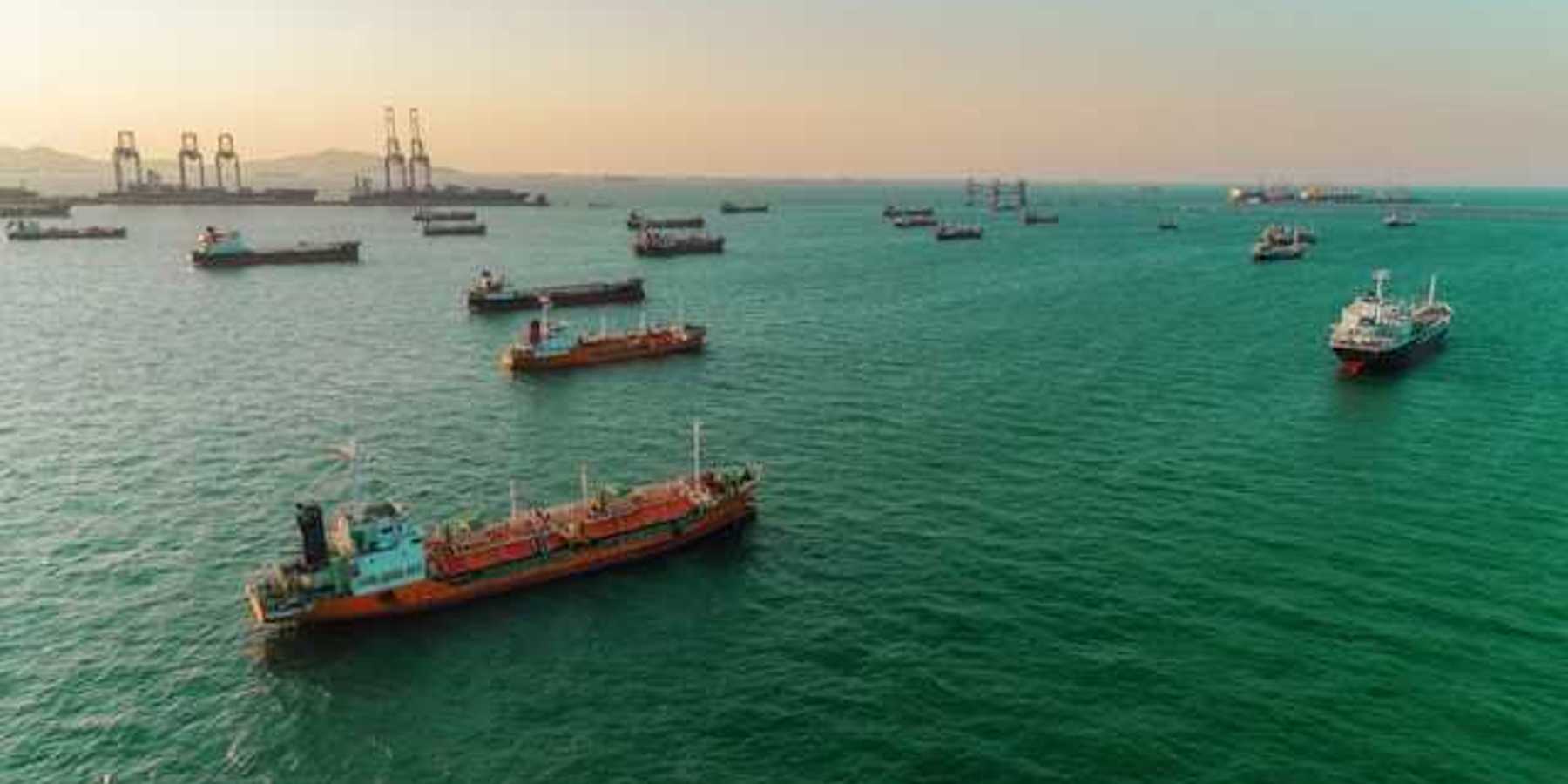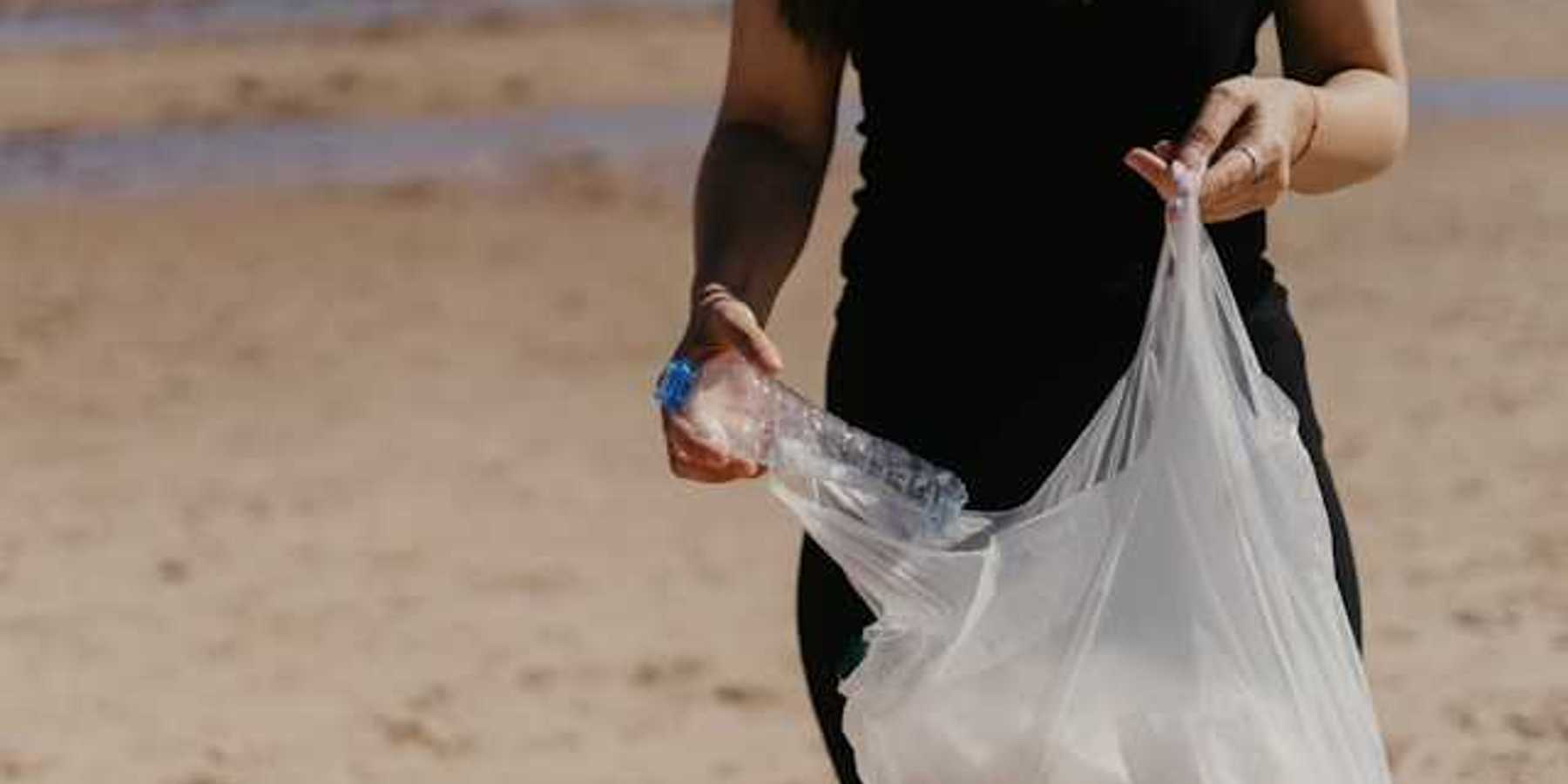Climate disasters are driving up housing costs and displacing low-income residents
A surge in extreme weather events fueled by climate change is amplifying the global housing crisis, pushing prices higher and pushing vulnerable people out of their communities.
Dave Braneck reports for Deutsche Welle.
In short:
- Wildfires, hurricanes, and floods are destroying homes and tightening housing markets, with post-disaster rent spikes hitting low-income renters hardest. In Los Angeles, 16,000 structures were lost to wildfires in January alone.
- The trend of “climate gentrification” is emerging in cities like Miami, where rising sea levels are pushing wealthier residents inland, displacing poorer communities in higher elevation neighborhoods.
- Experts warn that increasing climate risks are sending insurance premiums soaring. In the U.S., the average homeowners' insurance premium nearly tripled between 2001 and 2021 due to disaster-related risk.
Key quote:
"We need a clearer vision of the society we want to live in. What do we want to protect and invest in? How important is safe and affordable housing?"
— Zac Taylor, climate finance expert at Delft University of Technology
Why this matters:
The rising cost and scarcity of housing in disaster-prone areas is more than a real estate story — it's a public health and environmental justice crisis. Low-income residents, often in the most vulnerable areas, are displaced first and longest, locked out of rebuilding by soaring costs and limited affordable housing. Insurance becomes unaffordable. Neighborhoods rapidly gentrify. And with every storm or fire, the affordability gap grows. These shifts ripple across cities and countries, affecting access to healthcare, employment, education, and clean environments. Inaction means locking millions into a future where safe, stable housing is a luxury — not a right.
Read more: Climate risks may trigger the next housing crisis













